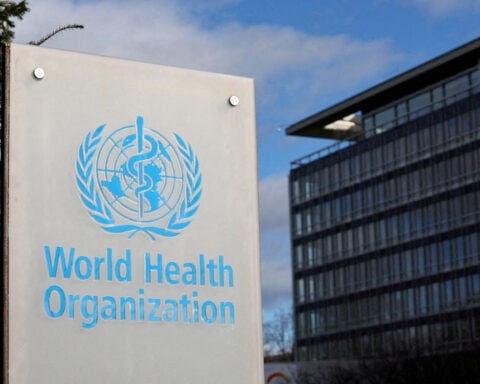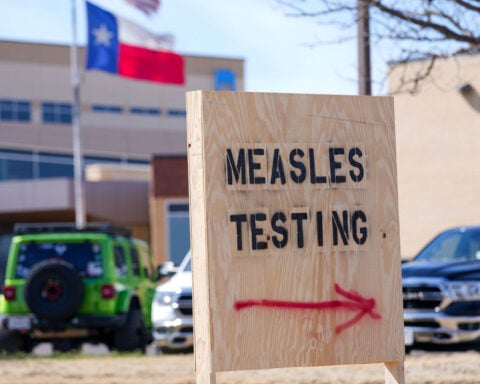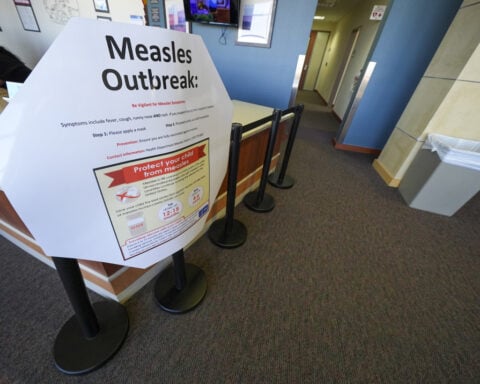A new medical study indicates that even brief contact with common air pollutants raises the possibility of having a stroke within days. The analysis examined over 18 million stroke cases globally and determined that inhaling nitrogen dioxide, carbon monoxide, sulfur dioxide and ozone heightens stroke chances shortly after exposure. Fine particulate matter was also connected to higher risk.
Air pollution impacts not only the respiratory system and vision but also other areas of the body. "The brain and cardiovascular system are also affected," clarified Dr. Ahmad Tubasi, the main author and a researcher at the medical school of the University of Jordan. The likelihood of stroke jumped nearly 30% following recent nitrogen dioxide exposure. Carbon monoxide levels rose by approximately 25%, sulfur dioxide levels by 15%, and ozone levels by 5%. This data was collected from various regions spanning Asia, Europe, the Americas, and beyond.
In the United States, significant contributors to pollution comprise vehicle exhaust, power generation, and industrial plants. Urban areas typically bear a heavier burden due to high traffic volumes, setting them apart from less densely populated rural regions. Cars and trucks discharge nitrogen oxides and carbon monoxide, interacting with sunlight to form ozone. Wildfires also generate substantial pollution.
Research indicates fine particulate matter, especially tiny PM2.5 particles under 2.5 microns in size, causes inflammation and irritation when inhaled into the lungs. This prompts an immune response affecting the whole body. Blood vessels constrict, pathways narrow and clotting amplifies, all of which can contribute to strokes.
The study connected PM2.5 exposure to a 15% increase in stroke risk. Sulfur dioxide and nitrogen dioxide also made dying from a stroke more likely by 60% and 33%, respectively. "Longer and more intense pollution contact escalates danger," said Dr. Julius Latorre, head of a stroke center in Syracuse, New York.
He cautioned that as climate change drives more pollution events like wildfires, progress against U.S. stroke fatalities could reverse. "We already face stroke risk factors like obesity and hypertension. Adding pollution could spur its own epidemic." The research examined ischemic strokes, the most common type, caused by blood clots. Pollution is believed to heighten risk through inflammation and vessel constriction once the lungs are irritated.
While the study reinforces links between pollution and cardiovascular problems, some limitations exist. The observational data couldn't prove definitive cause-and-effect. Individual exposures weren't measured either. Still, experts advise monitoring air quality alerts and limiting intense outdoor activity when pollution is high. Effective masks may help too.
Overall, the findings spotlight the extensive health impacts of air pollution and the need for cleaner air policies. As Dr. Tubasi concluded, "Protecting health requires improving air quality." Air pollution contains microscopic particles and gases that irritate the lungs when inhaled. This triggers widespread inflammation affecting the entire body.
Tiny particulate matter is especially damaging. PM2.5 particles measure under 2.5 microns, small enough to penetrate deep into the lungs. Research shows inflammation from PM2.5 reaches the bloodstream and damages blood vessels. This constricts flow and promotes clotting that can obstruct vessels and cause strokes.
Gaseous pollutants like ozone and nitrogen dioxide also harm blood vessels and restrict oxygen flow to the brain and vital organs when inhaled. Carbon monoxide displaces oxygen in red blood cells, leading to oxygen deprivation in tissues. All these effects raise stroke risk through restricted blood and oxygen supply.
While pollution impacts health daily at moderate levels, spikes can rapidly escalate danger. The study found stroke chances rose as much as 30% after high nitrogen dioxide exposure. Risk also climbed following increased ozone and other gases from traffic and industrial sources.
Wildfires represent an emerging pollution and stroke threat as climate change grows. Smoke carries significant amounts of particulate matter that can spread over long distances, impacting remote regions. Prolonged wildfire smoke exposure may heighten stroke risk similar to traffic and industrial emissions.
The research indicates strokes increased both in number and deadliness following pollution spikes. Experts advise checking air quality indexes in your area and avoiding heavy outdoor exertion when pollution is elevated. Wearing effective masks can also help limit exposure.
Indoor air filtration systems provide another option for some. But pollution remains inescapable for many, especially in dense urban areas and lower-income regions. This raises environmental justice concerns over unequal exposure burdens.
While the study confirms pollution impacts cardiovascular health, some limitations exist. The data came from general air quality measurements rather than individual-level monitoring. Additional research can further clarify pollution's role in strokes.
But experts say the findings already underline the broad health consequences of unchecked pollution alongside lung and eye impacts. Tighter regulations on emissions sources paired with public alerts and masking are recommended to protect communities.
As climate change potentially worsens air quality, pollution-related threats to heart and brain health may grow. But researchers say much can still be done to curb emissions and safeguard public health if regulatory will exists.
In the end, the message for policymakers and citizens alike is clear - cleaning the air we all breathe delivers extensive health benefits beyond the lungs alone. Reducing pollution promises to lower risks of stroke, heart disease and likely other impacts still being uncovered.

 Trump has begun another trade war. Here's a timeline of how we got here
Trump has begun another trade war. Here's a timeline of how we got here
 Canada's leader laments lost friendship with US in town that sheltered stranded Americans after 9/11
Canada's leader laments lost friendship with US in town that sheltered stranded Americans after 9/11
 Chinese EV giant BYD's fourth-quarter profit leaps 73%
Chinese EV giant BYD's fourth-quarter profit leaps 73%
 You're an American in another land? Prepare to talk about the why and how of Trump 2.0
You're an American in another land? Prepare to talk about the why and how of Trump 2.0
 Chalk talk: Star power, top teams and No. 5 seeds headline the women's March Madness Sweet 16
Chalk talk: Star power, top teams and No. 5 seeds headline the women's March Madness Sweet 16
 Purdue returns to Sweet 16 with 76-62 win over McNeese in March Madness
Purdue returns to Sweet 16 with 76-62 win over McNeese in March Madness








